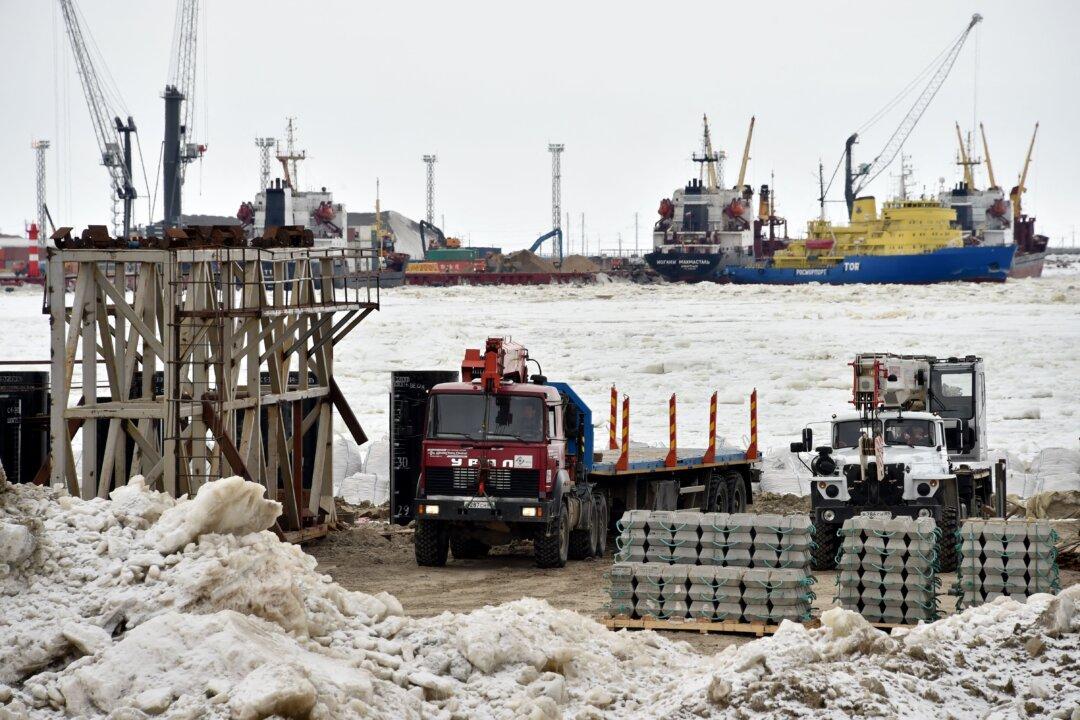Experts say China’s communist regime is positioning itself to exert influence above the Arctic Circle through an alliance with Russia. They warn that the United States must take steps to protect its interests before it’s too late.
“America cannot afford to fall behind,” said Luke Coffey, a senior fellow with the Hudson Institute.





